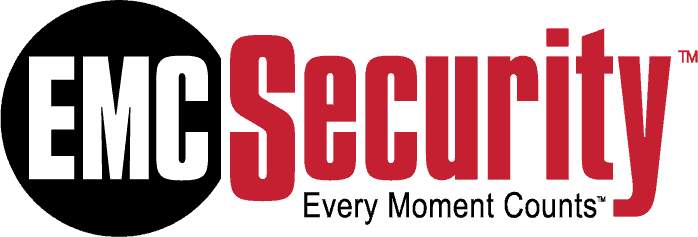Are Your Cameras Secure?

Contrary to what some may think, EMC Security cameras are not a part of your monitored security system. The video is not accessible by EMC Security employees or anyone other than you and those you assign access with a password. Please keep your password in a safe location and change it frequently.
Below are ways to ensure your cameras are safe from hackers:
1. Purchase cameras from a company you trust. EMC Security offers camera technology that employs multiple security techniques at different layers of our network(s) and ecosystem to maintain the integrity of services, such as:
-
- The devices do not have an external addressable/reachable interface from the Internet and are accessible only via a private network that is extended into and through a cellular carrier.
- All information between the communicators to and through the service platform is encrypted using either 128 or 256-bit encryption keys.
- Data traversing the cellular network is segregated (private) within the carrier traffic group and is routed via VPN connection to the network and service platform.
- The devices attach to a mesh network where traffic is decrypted, analyzed, and routed accordingly.
- We employ both industry standard and proprietary mechanisms (firewalls, proxies, port redirects, secure ports and sockets, etc.) to isolate traffic and/or data from public networks at the physical and logical network boundaries and demarcations.
- Additionally, EMC Security offers personalized service with professionally trained security consultants and technicians that coach and counsel customers through the sales and installation process. This will help them prevent hacking.
2. Change your password. In many cases, hacks are indeed a result of poor management on the part of the user. One of the biggest things you can do to prevent home security camera hacks is to educate yourself about malware, password security, and Wi-Fi network security. And change your password. Frequently.
3. Instead of giving your Wi-Fi password to friends and guests in your home, create a “guest” network. This way, no one but you will have access to your computers or personal data. Many Wi-Fi routers allow you to configure a guest access for this purpose.
4. Never use the same password across different accounts. Many of us are guilty of this because of the convenience. If your security camera password the same as your email, Facebook, or online banking password, you’re greatly increasing your risk of a security breach. For your security camera (and all of your accounts), use a password that’s different from the one you use for any other account. View more tips.
-
- Use 12 characters minimum.
- Avoid any personal info in your password, like birthdays, kids’ names, anniversaries, etc.
- Your password should be completely random.
- Include upper and lower case letters, numbers, and symbols.
5. If available, always use two-factor or a biometric authentication to secure your account. When two of these factors are required for authentication, the security becomes much more entrenched, making it more difficult to hack. EMC Security’s cameras use biometric authentication for viewing video on the mobile app.
6. Consider using a secure password manager such as LastPass (offers free credit monitoring, two-factor authentication, a password generator, and a secure master password). These programs use a digital vault that lock up your passwords and other login credentials. The information is also stored on remote servers and encrypted on a local machine so there’s no way for a middle-man to compromise your credentials.
7. Double-check who has access to your cameras. Your video app has a location where you can check all users on your account. If you have questions, give us a call.
